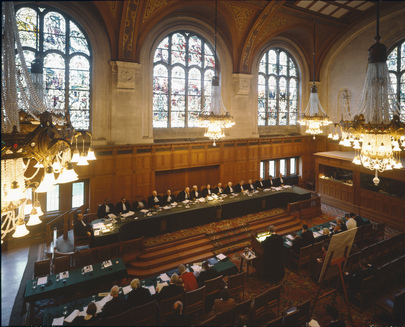
International Court of Justice Opinions on Legal Consequences of the Separation of the Chagos Archipelago from Mauritius in 1965

Dismantling the adverse consequences of decolonization persists. The International Court of Justice heard arguments in Legal Consequences of the Separation of the Chagos Archipelago from Mauritius in 1965. Mauritius relinquished its territory to the United Kingdom through the Lancaster House Agreement (1965). The Lancaster House Agreement was signed three years before the sovereign state of Mauritius was established. Mauritius believes that the Lancaster House Agreement should be invalidated due to its unequal standing when it negotiated this bilateral agreement. The United Kingdom responded to these allegations by arguing before the Court that the Lancaster House Agreement was actually a unilateral negotiation within the United Kingdom and its colonies. Since the agreement was never recognized as a bilateral agreement, why should Mauritius’ status at the time invalidate the Lancaster House Agreement? After reviewing the facts of the case, the Justices issued a majority opinion finding that the Chagos Archipelago Islands are to be decolonized by the United Kingdom and returned to Mauritius. The Court concluded that the United Kingdom’s presence infringed on Mauritius’ right to self determination.
Keep Up With The Accords
More to read
The AMUN Accords is a premier resource for fact-based Model United Nations simulations. We are always looking for new contributors. Want to write for the AMUN Accords? Check out out the submission guidelines and then get in touch!




